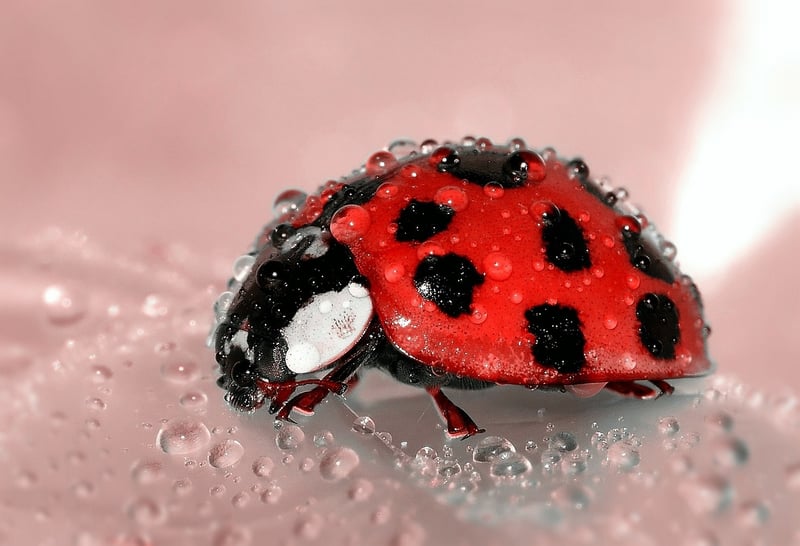Insect Prevention
Protect Your Plants From Pests: Insect Prevention Tips
Keeping your plants safe from pests is essential for a thriving garden. Insects can quickly damage your plants, affecting their growth and overall health. Here are some effective tips to help you prevent insect infestations and protect your greenery.
1. Choose Resistant Plants
One way to prevent insect damage is to select plants that are naturally resistant to common pests in your area. Research and choose plant varieties that are less likely to attract insects, reducing the need for chemical interventions.
2. Maintain Garden Hygiene
Regularly remove dead leaves, weeds, and any decaying plant matter from your garden. Insects are attracted to these areas, so keeping your garden clean and tidy can help deter them from settling in and causing harm to your plants.
3. Use Natural Predators
Encourage natural predators like ladybugs, lacewings, and birds to visit your garden. These beneficial insects feed on common garden pests, helping to keep their populations in check without the use of chemicals.
4. Implement Companion Planting
Some plants naturally repel insects or attract beneficial ones. Consider companion planting by placing insect-repelling plants near susceptible ones. For example, marigolds can deter aphids when planted near tomatoes.
5. Apply Organic Pest Control
If insect infestations persist, opt for organic pest control methods such as neem oil, insecticidal soaps, or homemade garlic spray. These options are safer for the environment and your plants compared to synthetic pesticides.
6. Inspect Your Plants Regularly
Make it a habit to inspect your plants regularly for any signs of insect damage. Early detection allows you to take action promptly before the infestation spreads and causes significant harm.
By following these insect prevention tips, you can protect your plants and promote a healthy garden ecosystem without resorting to harsh chemicals. Remember that a little prevention can go a long way in maintaining the beauty and vitality of your plants.

For more information on plant care and gardening tips, visit Gardeners.com.
